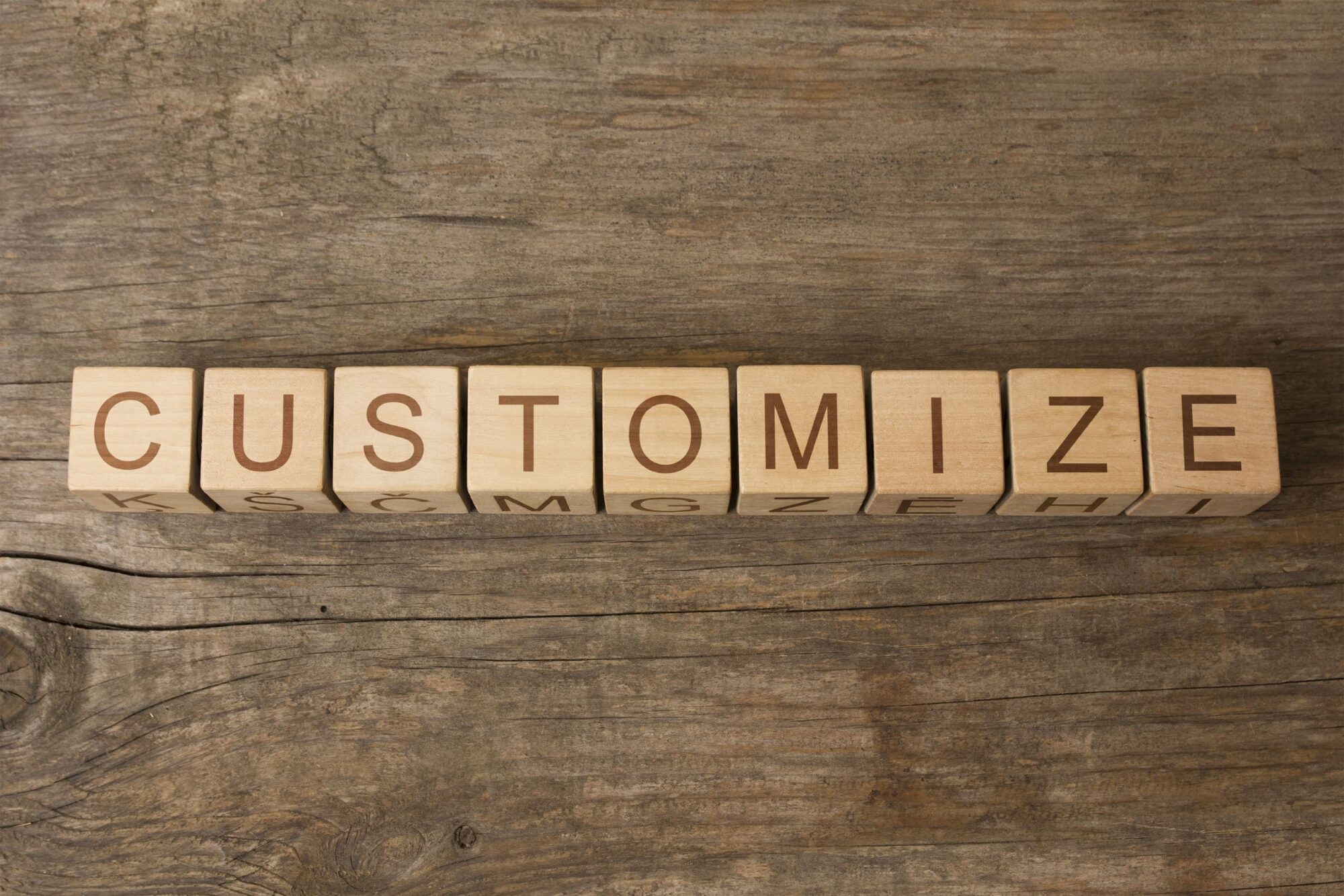Healthcare providers have plenty of reasons to keep accurate records, but now they’ve got a new one: the chance to facilitate breakthroughs in medical research. Strict recordkeeping standards and long retention periods are essential in the healthcare industry due to its critical role in providing patient care and the significant risks and penalties associated with poor recordkeeping.
Advances in research capability mean that large sets of stored medical records can provide researchers with the kind of data they need to facilitate breakthroughs in diagnostics and patient care. As more healthcare providers shift to digital media for their recordkeeping protocols, avenues open for the kind of research projects big data facilitates.
The Meaning of Big Data
“Big data” generally means large data sets that require digital technology for effective management. Stored medical records can make for useful big data, as some hospital systems store tens of thousands of medical records at any given time. However, these data sets need to be in digital form, and researchers must obtain patient consent before using the data for research purposes.
To fully leverage the benefits of big data in medical research, healthcare providers must ensure their medical records are available in digital format. While paper records have been the norm in healthcare for decades, they present significant limitations when it comes to effectively utilizing data for medical research. Digitizing records can unlock new research possibilities and allow researchers to uncover insights that would have otherwise been missed. Fortunately, there are now tools and services available to help healthcare providers effectively digitize their records for research purposes.
Cariend is one such company that can help healthcare providers digitize their records for medical research purposes. By partnering with Cariend, healthcare providers can ensure that their records are accurately digitized and remain secure while still maintaining strict management and security protocols that protect sensitive patient health information. This process can be done while minimizing disruptions to day-to-day operations, and the result is a set of records that can be effectively utilized in medical research.
Medical Records Research: The Benefits
The benefits of big data in medical research are numerous. With large data sets, researchers can identify patterns and correlations that might not be apparent with smaller data sets. Big data can also be used to identify new disease risk factors and develop targeted treatments. For example, a study published in 2014 used big data to identify a previously unknown genetic risk factor for sepsis, a potentially life-threatening condition. This breakthrough discovery was only possible because of the large dataset that provided the necessary genetic and clinical data.
Big data doesn’t just aid researchers in the form of breakthroughs in care practices and diagnostic discoveries. In fact, some of the greatest benefits from big data research using medical records is found in closing the “information gap” in the collective knowledge of practicing physicians. A recent article by the Harvard Business Review demonstrates how big data can expand healthcare providers understanding of routine conditions and treatment options. Being able to categorize medical cases by characteristics like age, gender, comorbidities and other factors can help doctors fine-tune their diagnostic process and eliminate gray area in how they approach a patient’s condition.
However, big data also presents challenges and limitations that researchers must consider. Ensuring data accuracy, data security, and patient privacy are critical concerns that must be addressed to ensure responsible use of big data in medical research. Researchers must also take steps to avoid biases and account for confounding variables that might affect research outcomes.
The Future of Medical Research
To make their data available for medical research, healthcare providers must collaborate with research organizations and use secure data sharing platforms. Patients must also give their explicit consent for their data to be used in research projects. By making their data available for research, healthcare providers can contribute to the advancement of medical science, potentially leading to improved patient outcomes and new treatments for diseases.
Big data has the potential to revolutionize medical research and improve patient outcomes. While there are challenges and limitations to consider, healthcare providers can take steps to ensure ethical and responsible use of big data in medical research. By making their data available to researchers and digitizing their records for research purposes, healthcare providers can play a critical role in advancing medical research and contributing to a brighter future for healthcare. Contact Cariend today to learn more about digitizing records for research purposes while protecting sensitive patient health information.










